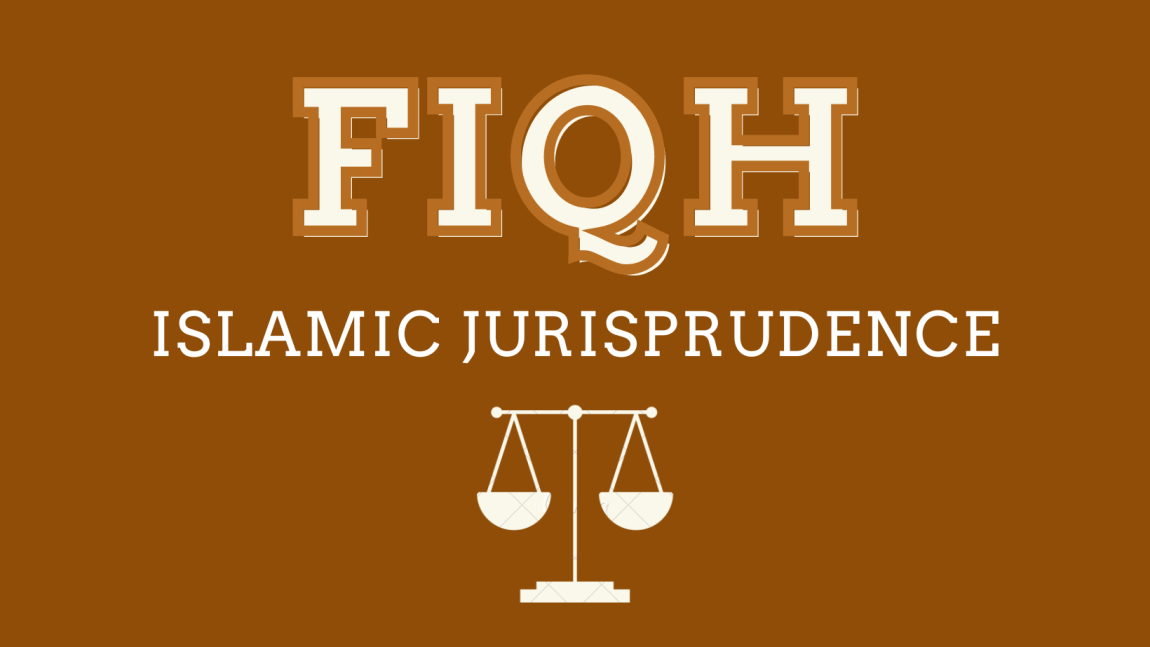About the Course
Fiqh Islamic Jurisprudence is one of the important branches of Islamic studies. In teaching this curriculum, the student has to study with the jurisprudence of worship, which includes prayer, zakat, fasting, and Hajj, and ending with the jurisprudence of transactions, further includes many branches: the jurisprudence of personal status, the jurisprudence of contemporary financial transactions and that of crimes.
Fiqh Principles course as a comprehensive solution for students who is wish to learn more about Islamic jurisprudence, regardless of their current level of understanding. Whether you are looking for a basic knowledge of Fiqh or you want to look deeper into the topic, and then you’ll grow in your knowledge by taking Fiqh Principles.
What do you study in fiqh?
-
Fiqh of worship: Fiqh includes the rulings related to the worship of Allah Almighty and obedience to Him – in the most specific sense according to the jurists.
That a Muslim performs with his body, such as purification, prayer, and fasting, or with his money, such as zakat, or with his body and money together, such as Hajj.
-
Fiqh of financial transactions: It includes human financial actions and the like, and people’s dealings with one another in the light of what Allah Almighty has prescribed for them.
Such as selling, renting, partnerships, and delegation… or what He forbade them from usury, fraud, and monopoly. This is what jurists call today: civil law…
-
Family fiqh: Some contemporary researchers express it in terms of personal status, and it includes provisions on betrothal and marriage, breastfeeding, custody, alimony, divorce, bequests and inheritances, and the like.
-
Fiqh of felonies and punishments: It includes legal rulings related to crimes and penalties, whether they are retaliation for assaulting lives or bodies.
-
Fiqh of conduct and jihad: It includes the provisions of international relations between the Islamic State and other countries.
-
Fiqh of nouzum: It includes provisions regulating the judiciary, methods of proof, and related claims and evidence. Today it is called: the judicial system and the law of pleadings.
-
Fiqh of prohibition and permissibility: It includes the provisions of the virtues and disadvantages of words and actions, and the behavior of the servants in their food, clothing, and behavior.
Class Venue
24 Hudson St, New York, NY 10014
Room 32


